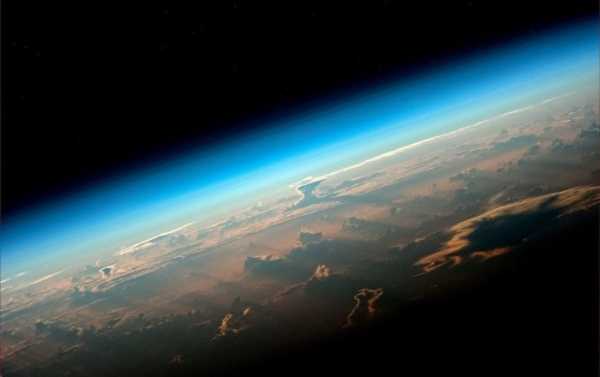
ISS astronauts are known for capturing mid-blowing images while orbiting our planet, and this time is no exception as the public was welcome to enjoy numerous stars glittering above Earth’s atmosphere. And not only that.
The ISS craft was making its way toward the direction of the Caspian Sea 260 miles above Earth when a NASA astronaut snapped a photo sporting among other things our planet’s glowing bright green atmosphere.
Another no less fantastic shot zooms in on Earth’s icy shorelines and frozen landscapes captured from 254 miles above Earth.
In a different photo, a full moon greets inquisitive viewers as it beautifully rises over Hudson Bay in northern Canada. The picture, taken shortly before the Christmas season, on 12 December, reveals what an incredible darkness falls on this part of the country during the winter months, with towns in Manitoba Province – between the Atlantic and Pacific Oceans – enjoying overall just six to seven hours of sunlight each day through December.
“A bit farther north, the Sun will not rise above the horizon again until January”, the space agency shared in a statement, adding that the said photo shows “just how little sunlight reaches northern Canada during a winter day”.
A view in its own right is Hudson Bay, as it’s shown in the NASA shots.
“Once frozen, Hudson Bay becomes a key habitat for migrating polar bears, which spend much of their time on the ice until it starts to melt again around June”.
One of the most curious shots captured by NASA’s Christna Koch in May, who is scheduled to stay on the ISS together with colleague Nick Hague and Russian cosmonaut Alexey Ovchinin, is a detailed image showing a view of the Earth transitioning from day into night.
The International Space Station hovers around 220 miles above the Earth and completes one trip around our planet every 92 minutes, according to NASA. The craft travels at an astonishing 17,200 miles per hour, which makes it possible for astronauts to be able to witness as many as 15 or 16 sunrises and sunsets every day.
Sourse: sputniknews.com






